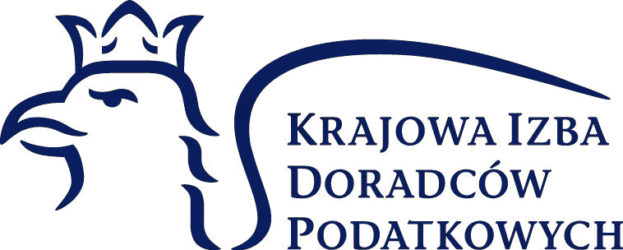From 1 July 2021, a number of amendments to Directive 2006/112/EC (the VAT Directive) apply affecting the VAT rules applicable to cross-border business-to-consumer (B2C) e-commerce activities.
In order to help better understand the new law, the European Commission Directorate – General Taxation and Customs Union issued the Explanatory Notes on VAT e-commerce rules. According to these notes the changes address challenges arising from the VAT regimes for distance sales of goods and from the importation of low value consignments, namely:
- As EU businesses selling goods online to final consumers located in other Member States need to register and account for VAT in the Member State of the consumer when their sales exceed the distance sales threshold, i.e. EUR 35 000/100 000. This imposes a significant administrative burden on traders and impedes the development of intra-EU online trade.
- Since a VAT exemption is granted for the import of low value goods up to EUR 22 and this exemption leads to abusive practices, Member States lose part of their tax revenues.
- Since non-EU businesses selling goods from 3rd countries to consumers in the EU can make VAT-free supplies into the EU and are not required to register for VAT, they profit from a clear commercial advantage compared to their EU established competitors.
The main changes are the following:
- Given the success of the VAT Mini One Stop Shop (MOSS) allowing suppliers of telecommunications, broadcasting and electronically supplied (TBE) services to register for VAT in one Member State and to account in that Member State for the VAT due in other Member States, this system is extended to other B2C services, to intra-Community distance sales of goods as well as to certain domestic supplies of goods, thus resulting in a bigger One Stop Shop (OSS);
- The existing threshold for intra-Community distance sales of goods is abolished and replaced by a new EU-wide threshold of EUR 10 000 below which the supplies of TBE services and intra-Community distance sales of goods may remain subject to VAT in the Member State where the taxable person supplying those TBE services is established or where those goods are located at the time when their dispatch or transport begins;
- Special provisions are introduced whereby a business facilitating supplies through the use of an online electronic interface is deemed for VAT purposes to have received and supplied the goods themselves (“deemed supplier”);
- The VAT exemption at importation of small consignments up to EUR 22 is removed and a new special scheme for distance sales of goods imported from third territories or third countries of an intrinsic value not exceeding EUR 150 is created and is referred to as the Import One Stop Shop (IOSS);
- Simplification measures for distance sales of imported goods in consignments not exceeding EUR 150 are introduced, in case the IOSS is not used (special arrangements);
- New record-keeping requirements are introduced for businesses facilitating supplies of goods and services through the use of an electronic interface, including where the electronic interface is not a deemed supplier.
The following transactions are covered by the new provisions:
- Distance sales of goods imported from third territories or third countries carried out by suppliers and deemed suppliers (defined in the second subparagraph of Article 14(4) of the VAT Directive), except for goods subject to excise duties;
- Intra-Community distance sales of goods carried out by suppliers or deemed suppliers (defined in the first subparagraph of Article 14(4)of the VAT Directive);
- Domestic sales of goods by deemed suppliers (see Article 14a(2) of the VAT Directive);
- Supplies of services by taxable persons not established within the EU or by taxable persons established within the EU but not in the Member State of consumption to non- taxable persons (final consumers).
In the next blog entries I describe more in detail the law amendments regarding the electronic interfaces and regarding the EU and NON-EU special schemes.

